The World of Bribery and Corruption: From Ancient Times to Modern Age
Synopsis
India became independent in 1947 with the high ideals evinced in the Constitution. But a perusal of the last over forty years shows a steady decline of ethical standards in both politics and administration. To the political scene, the selfless dedication of pre-Independence patrols is missing. This may be attributed to the fact that the morality of purpose of Independence being over the ethical standards have fallen in the post Independence era. What was a crime earlier has become a norm. Within the vortex of speed some of our norms submerged completely. Others got eroded. But now that India has reached a firmer ground, we can stop a while and ponder. The pinnacle of this moral decadence may be seen in its crystallized form in the politics and administration in India since the eightees. In modern times, one major factor which contributes to the fall of ethical standards is ‘alienation’ of the Individual. It may be viewed as essentially solitariness of the modern men who thinks for himself alone or for his immediate one’s first. Since corruption stems from the Individual, the only solution of Improvement lies with the individual himself, a gigantic task, almost impossible for the state to undertake. Needless to say, it must be done at the basic level i.e. family, school etc. Because in the end what is going to matter is what we imbibed as we grow and what we inculcate to others, perhaps, our progeny. The decadence of morals in the society is reflected in government apparatus, clearly, this is so, because men in the Government form a part of the society and have risen in the society. In turn, if there is evidence of decaying ethical standard in the society, it is mirrored in the men who run the system. It is an active democracy in which the high cost of electoral politics has been a major factor infuelling corruption in the electoral process and, subsequently, governance, division based on region, casts And language are the others factors that have prompted corruption, nepotism and patronage. The continuation of traditional gift giving; the demand for valuable governmental concessions exceeding the supply; the expansion of governmental functions, the power of the bureaucracy; approached by peasants as superiors. Resistance to corruption, author concluded, depended on political authority and the strength of certain political institutions and values. India has not been free of corruption, whether in ancient times (at least as far back as the ‘Arthshastra’) : the British rule or the decades following Independence. Gandhiji was concerned with corruption in the provincial Congress ministries formed after the 1935 Act Thus, India recommends a national agenda for corruption control: 9a) reform and political process; (b) restructuring and reorientating the Government machinery; (c) empowerment of citizens; and (d0 creating sustained public pressure for change. The book will be useful for the politicians, political scientists, legislators, act ministrators; social reformers and will serve as an exposure of the demon of corruption to the common man, who is afflicted the most, and how to fight it out to the finish.
Read more
36.90
33.21
$
41.00 $
Free delivery Wolrdwidе in 10-18 days
Ships in 1-2 days from New Delhi
Membership for 1 Year $35.00
Get it now and save 10%
Get it now and save 10%
BECOME A MEMBER

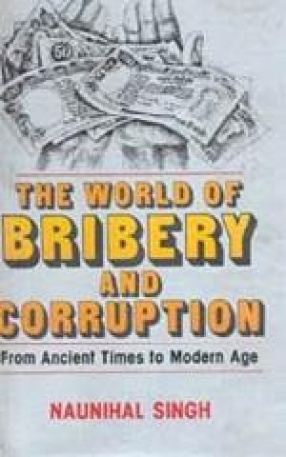

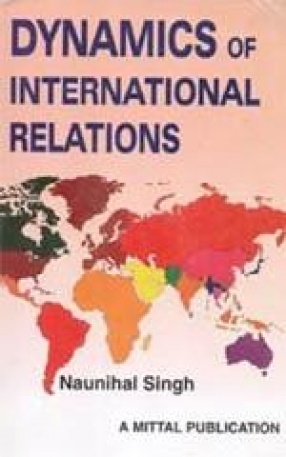
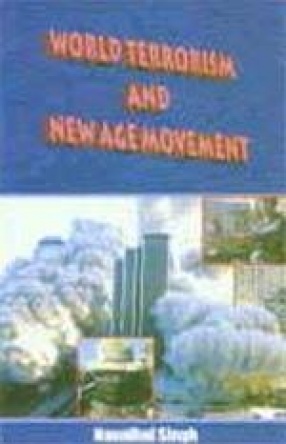
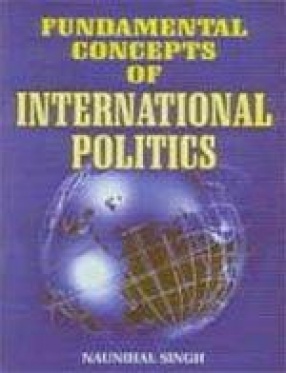

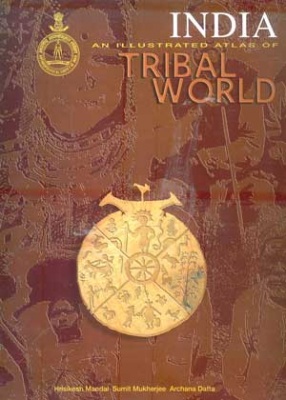
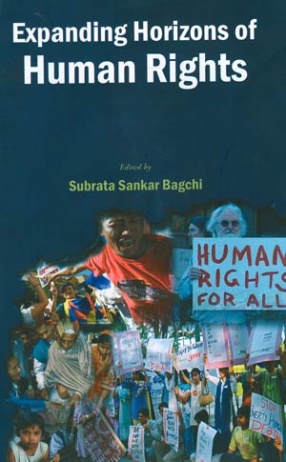
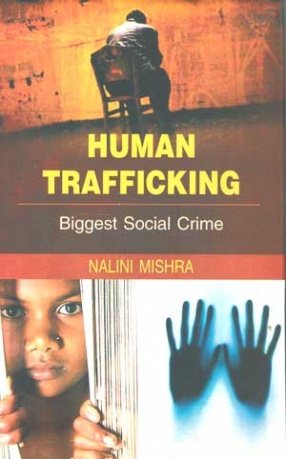

Bibliographic information